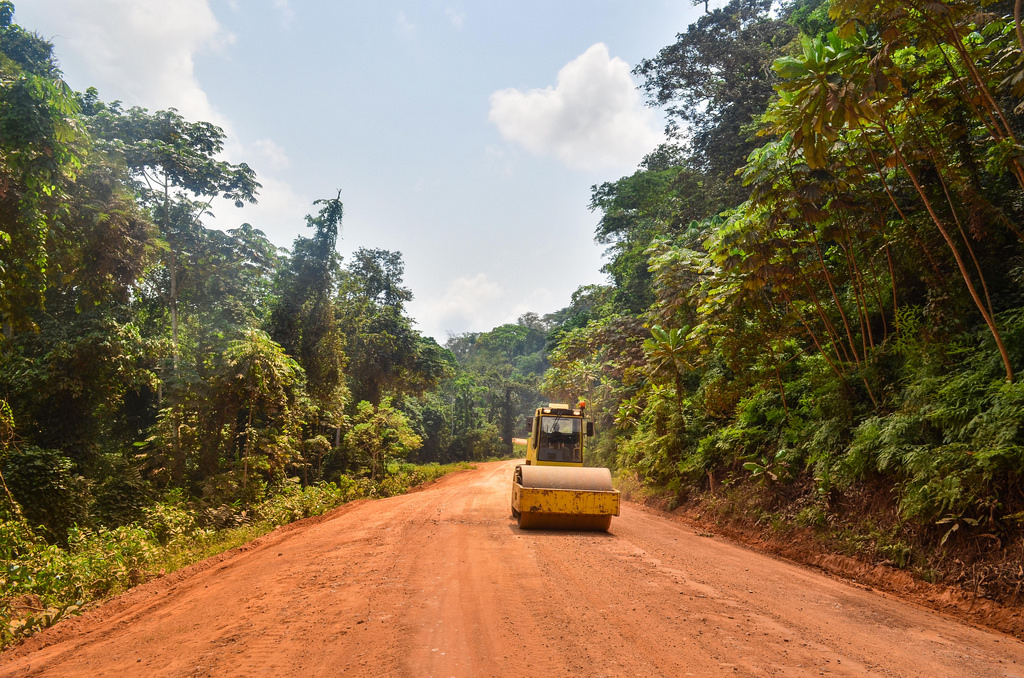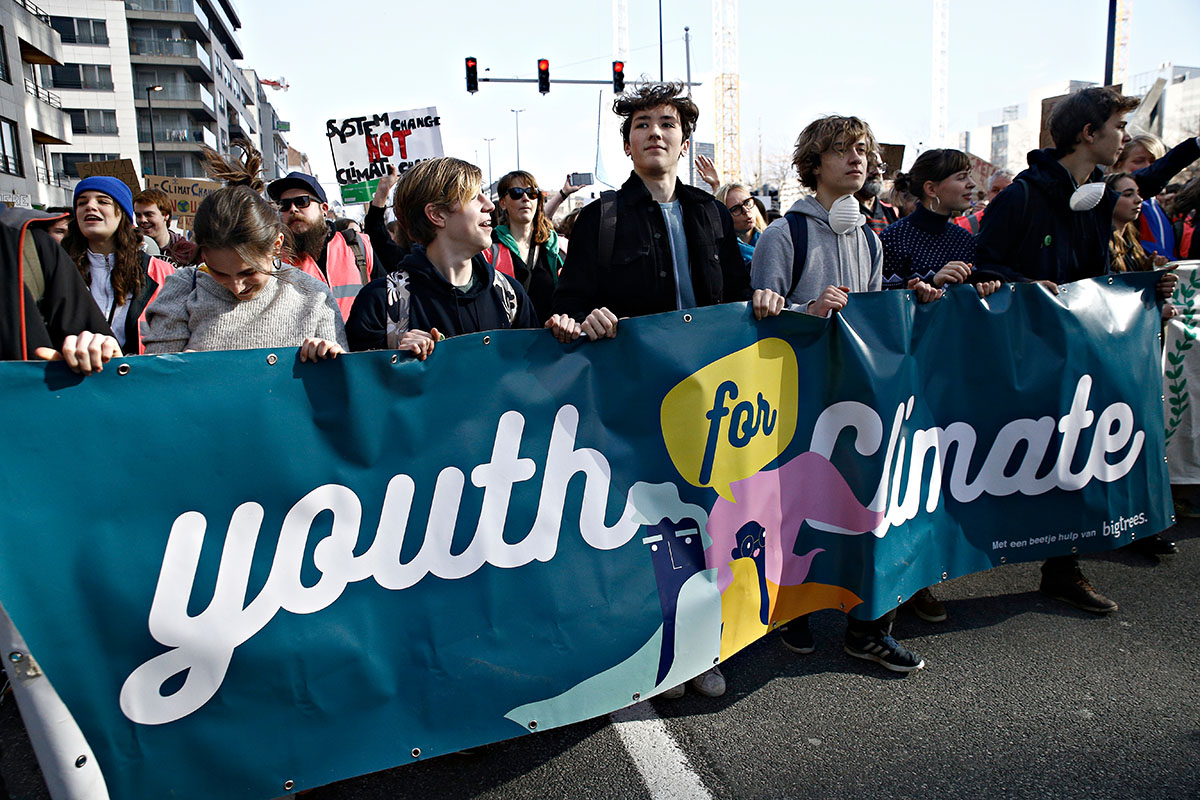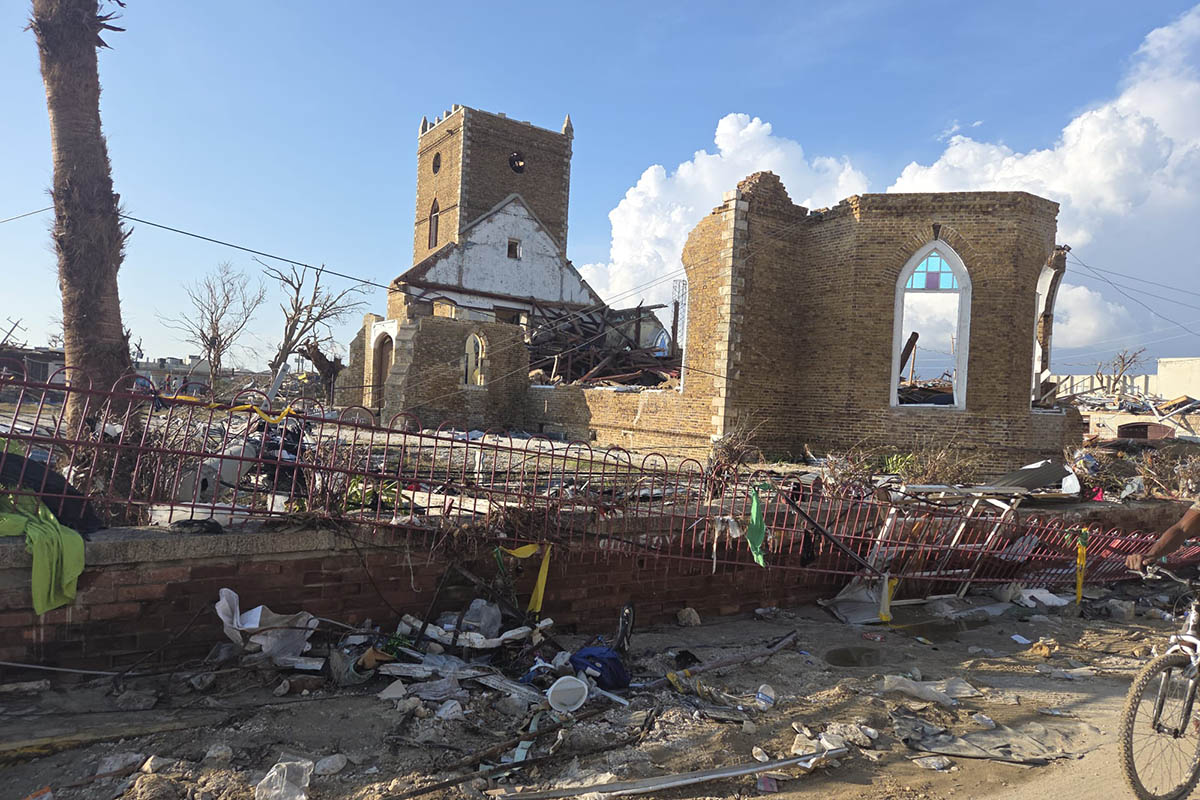“Building for economic diversification in Africa”
March 21Rhetoric around the benefits of diversification of revenue and industrialisation of African economies is in vogue for reports, conferences and television shows, writes Samasi Anderson, 21, a Commonwealth Correspondent from Bayelsa State, Nigeria, but implementation has been slow to unfold.
What we hear proposed are implementable, theoretical foundational approaches to the diversification of revenue source and industrialisation of African
economies. They speak to the theoretical intricacies, dynamics and policies of
economic diversification and industrialisation in an African economic climate.
The African business and economic environment is absolutely different from the
other economic contemporary environments. Africa still struggles with limitations to infrastructure, education, institutions, governance and financial markets. The economic structure in Africa is different from the others in the western and Asian world, hence the manner and approach to African economies must be different if African economies should be diversified and industrialised.
The popular idea of moving African economies from a land-based extraction-oriented economy relying on oil, gold, diamonds, tin and other to engage multiple economies will be a delusion if the determinants to industrialisation such as markets, enterprises education, funding of key areas, regulations, and transportation and communication infrastructures are not clearly defined.
Without communication and transportation infrastructure, economics will not be in existence. Communication and transportation are pillars of an economy. In industrialising and diversifying African economies, means of communication and transportation should be easily accessible to all consumers and branches of the economy.
The leading means of modern communication is the internet, but most parts of Africa don’t have access to it. The internet is costly to afford in Africa. In the present landscape of communication in Africa, radio, television, postal service, cell phones, magazines and newspapers are affordable and offer easy to access almost to all. Hence, the next step for policy makers is to make and implement policies that will ensure these means of communication remain affordable and accessible. For instance, policy makers can easily start and fund local radio stations, newspapers, postal services and magazines. Also they can make available voice call and short messaging service (SMS) cell phones to all by direct investment in such production companies, as well as continue to invest in the internet sector in order to make it accessible and affordable as time progresses.
With this communication infrastructure in place, enterprises and their potential customers can easily and freely communicate with each other, making business alive. Thus, to have a healthy economy, good communication infrastructure is vital.
Among the numerous means of transportation, the affordable, easy to access option for most of Africa is road transportation. Governments or policy makers should prioritise roads far above other means presently, if the economies are to be industrialised and diversified.
Roads are easy and cheap to build and maintain. Roads should be built to every settlement that is not an island in an economy. In cases of islands, ferryboats should be made available through government investment and
grants to local craftsmen and engineers, as the option of using local expertise is less costly.
Building roads to all settlements could involve construction with concrete, asphalt and bitumen. In Africa, roads are commonly built with asphalt and bitumen, but these products are mostly imported to Africa, making it more costly.
Concrete is an available alternative. Concrete is made in Africa, making it economically attractive compared to bitumen and asphalt. The quality of roads built using any of the materials is the same. Concrete may even be better, if roads can be built to every settlement in an economy within a short period of time.
Photo credit: jbdodane 20131220-DSC_6629 via photopin (license)
…………………………………………………………………………………………………………………
About me: Everything about me is how to create better society, replacing each and every theory that has not worked for us. I am searching for how to reform the structure of things in Africa for the better.
I am so interested in getting new ideas in economics and politics, and want to meet people who think critically. I write only because I have an idea or a theory that I believe will put society in a better place.
…………………………………………………………………………………………………………………
Opinions expressed in this article are those of the author and do not necessarily represent the views of the Commonwealth Youth Programme. Articles are published in a spirit of dialogue, respect and understanding. If you disagree, why not submit a response?
To learn more about becoming a Commonwealth Correspondent please visit: http://www.yourcommonwealth.org/submit-articles/
…………………………………………………………………………………………………………………





